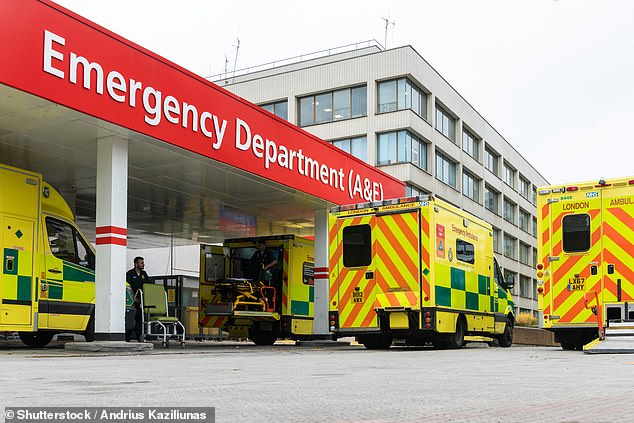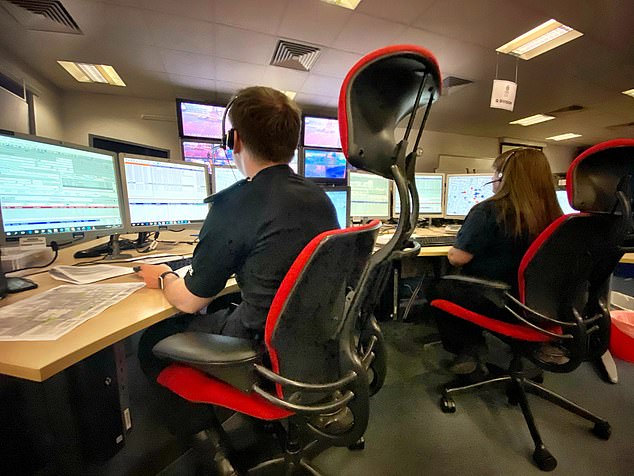People who dial 999 because they are having a heart attack or stroke are being asked to go to hospital themselves amid growing demand.
West Midlands Ambulance Service, which said last week it was under “severe pressure”, confirmed a change to the script used by its 999 call handlers to suggest patients go to hospital themselves at peak times.
A leaked staff memo sent Nov. 29 said the change was necessary because of long patient waits.
He said patients who call category three and four 999 with urgent abdominal pain or who have fallen or are vomiting will be told: “The ambulance service is under significant pressure and we do not have an ambulance available to respond to you.” It may take several hours before one is available.
‘Is there any way you can arrange to get to a hospital emergency department safely?’
The note, seen by the Sunday Times, says that where the ambulance service is under the greatest pressure, as was the case last week, the request will also apply to category two calls.
These are patients who may be suffering a stroke or heart attack or have suffered severe burns and who must be treated within 18 minutes.
All ambulance services have adjusted their scripts for periods of increased demand, with some replicating the West Midlands message while others warn of the long waits patients will face.
An ambulance trust has confirmed that its 999 call operators have been told to tell patients to go to A&E themselves at peak times (file photo)

A leaked staff memo confirmed the change was made due to long patient waits for ambulances (file photo)
Six in ten ambulance services in England were at their highest level of alert last week.
This means they faced “extreme pressure” with a risk of “service failure.” The remaining four were all under “severe pressure.”
Last week in the Midlands, some patients who should have been seen within 18 minutes waited almost an hour on average.
At one point there were 150 emergency calls in the region with no ambulance available.
West Midlands Ambulance Service said: “When ambulances are delayed delivering their patients to hospital, they are unable to respond to the next call.
“There is a direct correlation between hospital delivery delays and our ability to quickly reach patients in the community.”
There have been repeated warnings about the collapse of NHS emergency care since the end of Covid. Thousands of people are harmed by long waits for ambulances.

Coroners have issued 33 warnings to ambulance trusts following deaths linked to delays (file photo)
This year, coroners have issued 33 warnings to ambulances following deaths related to delays.
One of the patients affected by the crisis was Pat, 93, a former police typist who fell at a care home near Market Harborough, Leicestershire, at 2am on Tuesday.
She was lying on the ground until an ambulance took her to the hospital at 5:45 p.m. His daughter said: ‘He couldn’t communicate and barely moved. She was crying too.
Even after arriving at Kettering General Hospital, Pat, who suffers from dementia, faced another hour and a half wait to enter A&E. She has had surgery for a hip fracture.

